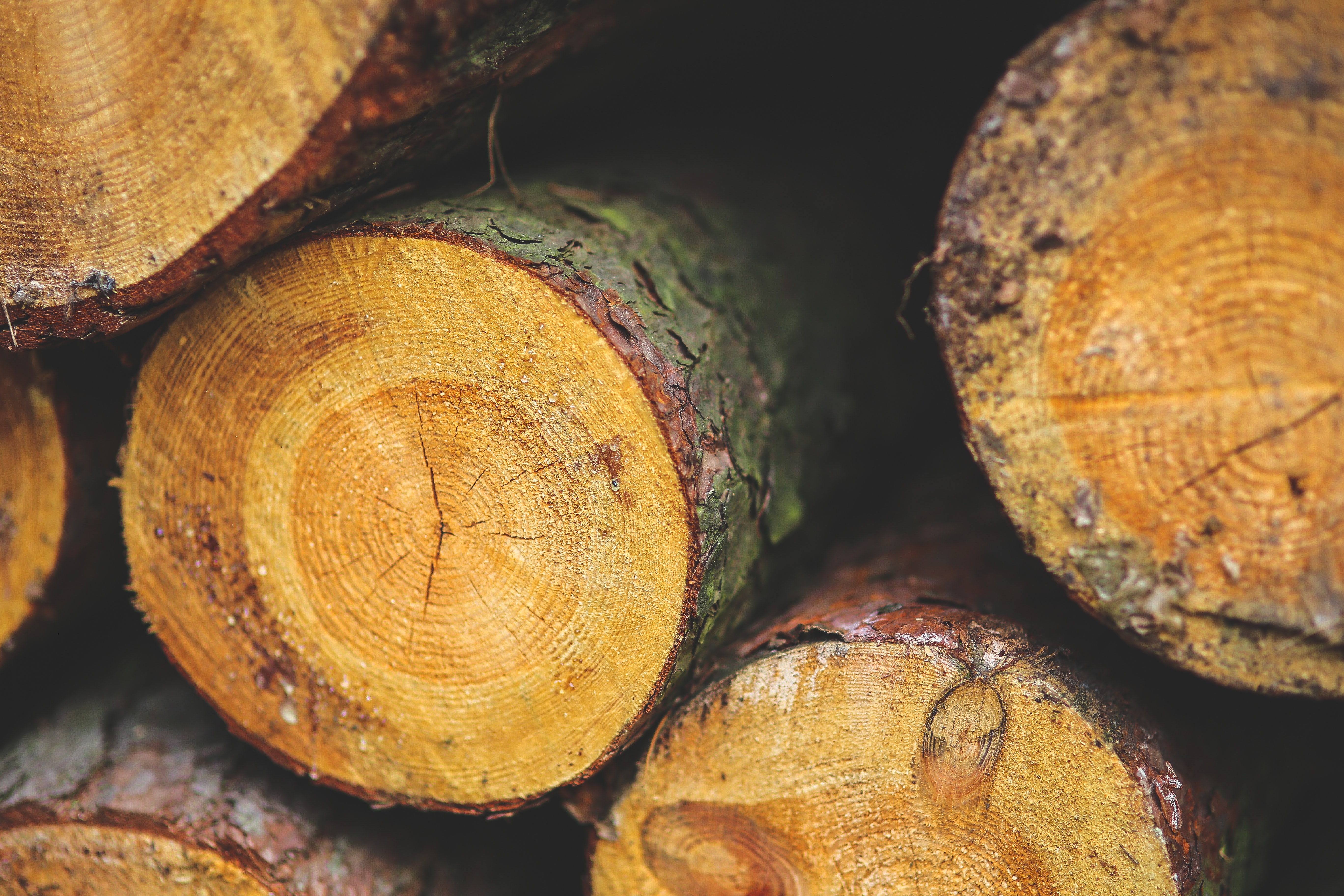The province has announced that it will more than double the forestry revenues that will be shared with First Nations.
This will be a part of the work to co-develop a new forestry revenue-sharing model.
Additionally, this will lead to an immediate increase of $63 million for First Nations this year.
Minister of Forests Katrine Conroy said that forestry revenues are a significant component of resource revenues with the majority of First Nations receiving benefits .
“This past year First Nations received between 3% and 5% of forestry revenues under the current program for a total of $58 million,” she said.
Conroy added that the current forest revenue sharing model is inadequate.
“The province heard this loud and clear through feedback from rights and title holders through various engagements including on the BC First Nations Forest Strategy and more recently on the provinces modernizing Forest Policy Intentions Paper,” she said.
The revenue will now be between 8% and 10% with an additional 3% shared for revenue from BC Timber Sales.
The changes were put into effect on April 1.
Conroy said that this will be an interim enhancement.
“The first step in our work is to co-develop a new forestry revenue sharing model that aligns with the UN Declaration of the Rights of Indigenous People. It will mean that forestry revenue shared with First Nations could be more than $130 million this year, directly benefiting and expanding opportunities for First Nations across BC,” she said.
According to Chief of Lake Babine Nation Murphy Abraham, their communities have watched logging trucks haul trees from their territory for the benefit of others.
He added that in the Lake Babine Nation there were almost no forestry opportunities and almost no revenue sharing.
Abraham said that he welcomes the announcement made by the province.
“Improved forestry revenue is a milestone in our Foundation Agreement. It is a real step towards implementing our title and rights. Our nation looks forward to contributing to the development of the new sharing revenue policy,” he said.
Abraham added that there needs to be a policy to support their own forestry companies and a policy that provides more revenues to address the pressing needs of citizenships.
Regional Chief Terry Teegee, BC Assembly of First Nations:
“As the Province shifts away from old colonial models of governance, laws and policies, and continues to lift up the pathway to reconciliation, First Nations will increasingly experience economic, social and cultural benefits from the resources that are being harvested on their traditional territories. I am pleased the Province is doubling the rate of forestry revenue being shared with First Nations which confirms their commitment to our new relationship and the recognition and accommodation of First Nations’ title and rights. I also look forward to the critical work that is being collaboratively done between First Nations and the provincial government to develop a new forestry revenue-sharing model, which must continue expanding the new fiscal relationship.”
The engagement on co-developing a new forestry-revenue sharing model is expected to take at least two years with the interim enhancement to be in place until a new model is finalized.
Something going on in the Prince George area you think people should know about?
Send us a news tip by emailing [email protected].






